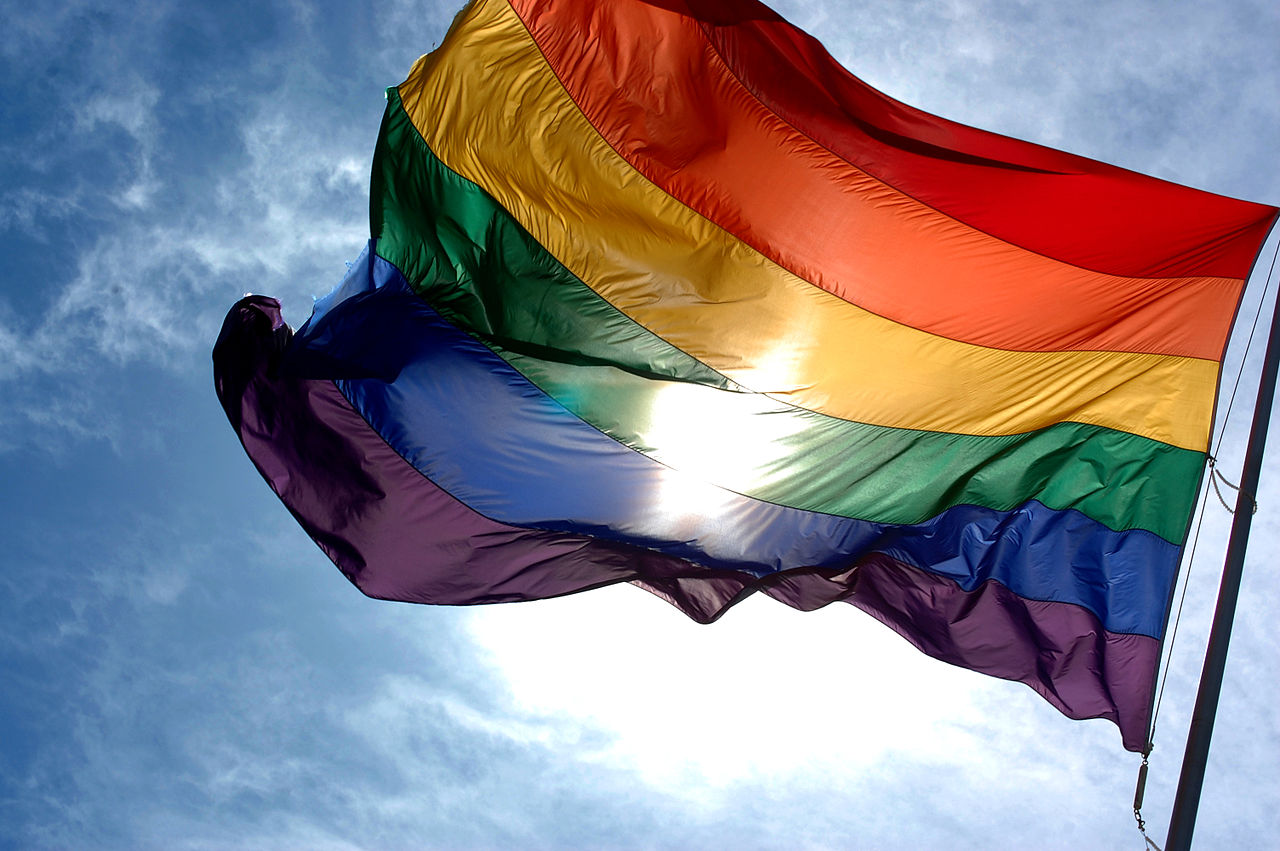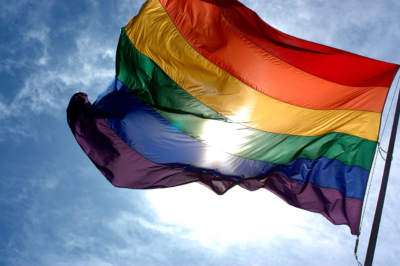When I first came to Boston University in the fall of 2014, I split my time about evenly between two places – the Center for Gender, Sexuality, and Activism (CGSA), home to all the LGBT-centric groups on campus, and BU Hillel, the center of Jewish life. But as time went by, I gravitated more and more towards Hillel because it was the one place where I didn’t feel like I had to compromise between my Jewish identity and my queer identity.
But at Hillel, when I changed my name and pronouns between sophomore and junior year, everyone took the change in stride. Sure, people made mistakes and navigating the balance of coming out at school but not to my family led to some mildly uncomfortable situations with my friends. But overall, I never felt like I had to keep my queer identity a secret. For the first time, I was in a space that accommodated both major facets of my identity, as well as most others.
It was especially difficult for me to come to terms with both my queer identity and my relationship with Judaism because I was raised non-practicing in a very right-wing conservative family of Soviet refugees. I started coming to terms with my sexuality and gender in high school, but until I came to BU, I had never given even a moment’s thought to my relationship with faith. I had never had a bat mitzvah – I’d never even been invited to one because I had no friends in middle school – and I only knew the most basic things about celebrating the various holidays. I lit candles on Shabbat and Hannukah, ate apples and honey on Rosh Hashanah and matzah on Passover, and dressed up and got drunk on Purim, but I didn’t know anything about the religious basis of any of these rituals and had never given any thought to faith.
When I realized I was queer, I distanced myself even further from religion because everything I knew about religion made it seem totally incompatible with queer identity. Hillel played a major role in helping me find a way to connect with Judaism and faith without having to compromise my queer identity. The friends I made there, and the OU-JLIC couple who were placed there my junior and senior year, became like a new family to me, one that was much more comforting and accepting than my own biological family. Thanks to them, I was able to go on Birthright and have a gender-neutral bnei mitzvah on top of Masada and represent our university at a conference on trans inclusion in Jewish communities.
Recently, there has been a great deal of backlash against Hillel, describing the organization as unfriendly to LGBT+ students. I have never felt unwelcome at BU Hillel or at any of the Hillels I visited in the process of applying to law school. It hurts me to see people calling Hillel homophobic because, for me and many other LGBT+ Jews, Hillel is our home away from home and oftentimes a family better than the family we came from.
Anonymous is a student at Boston University.


